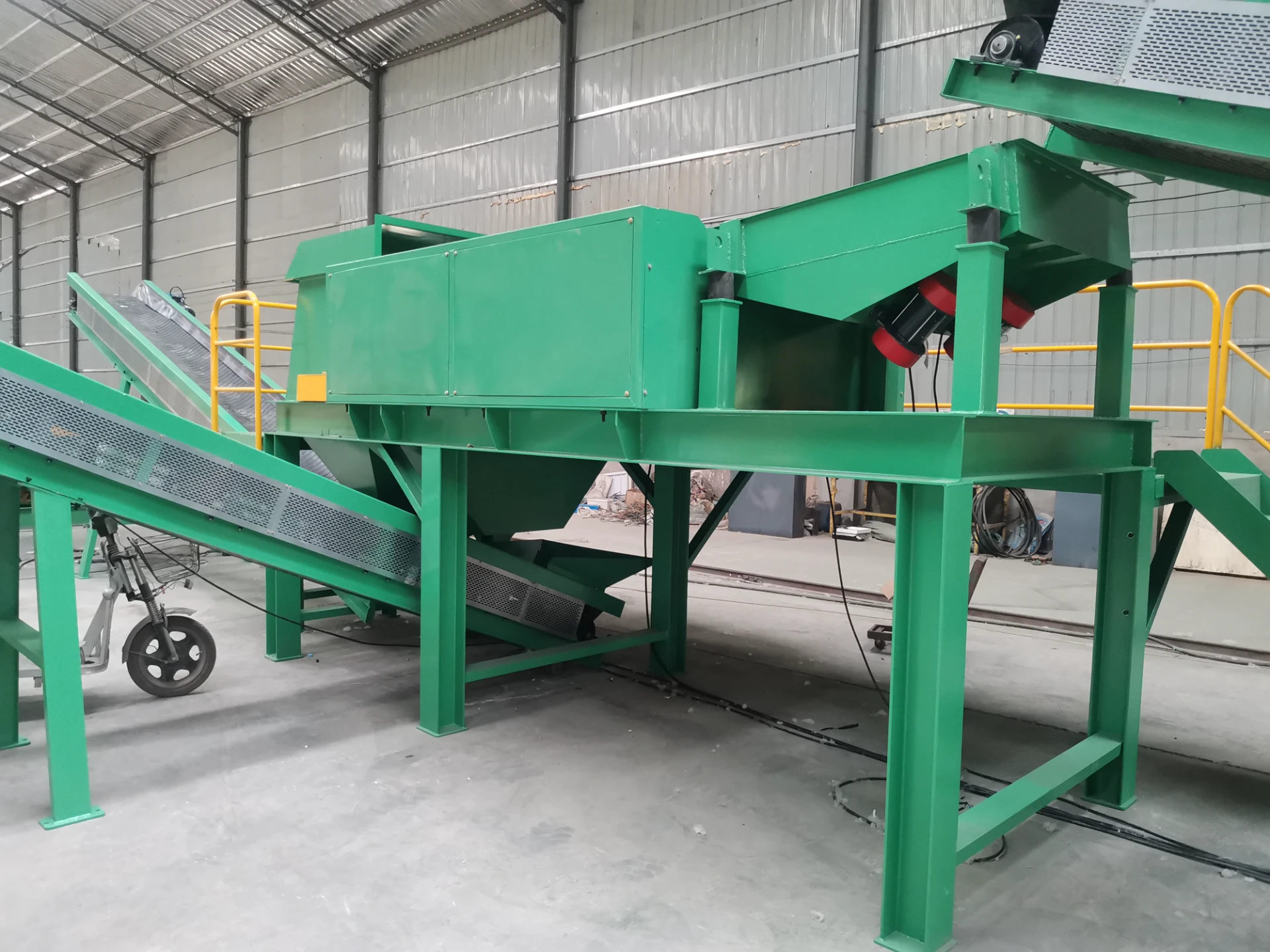

ნოე . 06, 2024 11:57 Back to list
The Significance of Metal Shreds in Industry and Recycling
In contemporary manufacturing and industrial processes, the term metal shreds often surfaces, referring to small fragments or shavings of metal that are produced during machining, cutting, or breaking down larger metal parts. While these shreds may appear to be mere waste, they hold considerable significance across various sectors, particularly in recycling and resource recovery.
Understanding Metal Shreds
Metal shreds vary widely in size, shape, and composition, depending on the type of metal and the machining process used. Common metals that produce shreds include aluminum, steel, copper, and brass. These shavings are often generated by processes such as milling, drilling, grinding, and turning where material is removed from a workpiece to achieve desired dimensions and finishes.
Despite being byproducts of manufacturing, metal shreds are not simply discarded; they represent a valuable resource. The ability to recycle these shavings can lead to both economic benefits and environmental sustainability.
Economic Impact of Metal Shreds
The recycling of metal shreds plays a vital role in the economy. Scrap metal recycling has grown into a multimillion-dollar industry, creating jobs and promoting resource recovery. When metal shreds are collected and processed, they can be melted down and reformed into new products, thereby reducing the need for virgin raw materials. This not only conserves natural resources but also reduces costs associated with extracting and processing those materials.
Moreover, the market for recycled metals often provides a competitive pricing advantage. Companies that efficiently manage their metal shreds can turn what was once considered waste into a profitable commodity. This can enhance their overall profitability and contribute to a more sustainable operational model.
Environmental Benefits
From an environmental perspective, recycling metal shreds significantly reduces the carbon footprint of metal production
. The extraction and processing of new metals are energy-intensive operations that contribute to greenhouse gas emissions. By recycling metal shreds, companies can decrease the energy consumption associated with these processes, resulting in a lower environmental impact.
Additionally, diverting metal shreds from landfills reduces waste and promotes a circular economy. The circular economy emphasizes the importance of reusing and recycling materials to extend their lifecycle, minimize waste, and reduce the environmental burdens of manufacturing. By incorporating metal shreds into this model, industries can contribute to a more sustainable future.
Challenges in Metal Shred Management
Despite the benefits, managing metal shreds comes with its own set of challenges. One major concern is contamination. Metal shreds can easily become mixed with non-metal waste or other types of metals, complicating the recycling process and lowering the quality of the recycled material. Therefore, effective sorting and processing systems must be established to ensure that metal shreds are clean and pure for recycling.
Another challenge is the fluctuating market prices for recycled metals. Scrap metal prices can vary significantly based on demand and supply dynamics, which can affect the financial viability of recycling programs. Industries must stay informed and adapt to these changes to maintain the sustainability of their operations.
Future of Metal Shreds
Looking ahead, the future of metal shreds appears promising as industries embrace more sustainable practices. Advancements in recycling technology are making it easier to process and separate high-quality metal shreds. Innovations such as automated sorting systems and improved shredding techniques can enhance efficiency and reduce contamination.
Moreover, as awareness of environmental issues grows, consumers are increasingly demanding eco-friendly products. This shift in consumer behavior encourages manufacturers to adopt recycling practices, including the management of metal shreds, to meet these expectations.
Conclusion
In conclusion, metal shreds may be considered a byproduct of industrial processes, but they play a crucial role in modern manufacturing and recycling industries. By effectively managing and recycling metal shreds, businesses can capitalize on economic opportunities while also contributing to environmental sustainability. The ongoing evolution of recycling technologies and growing consumer demand for sustainable practices will undoubtedly shape the future of metal shred management, leading to a more circular and responsible economy.
Latest news
Troubleshooting Common Eddy Separator Problems
NewsJul.04,2025
The Role of Metal Recycling Plants in Circular Economy
NewsJul.04,2025
The Impact of Recycling Line Pickers on Waste Management Costs
NewsJul.04,2025
Safety Features Every Metal Shredder Should Have
NewsJul.04,2025
How Industrial Shredders Improve Waste Management Systems
NewsJul.04,2025
How Cable Granulators Contribute to Sustainable Recycling
NewsJul.04,2025